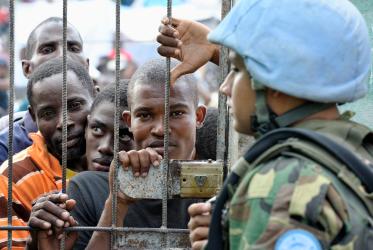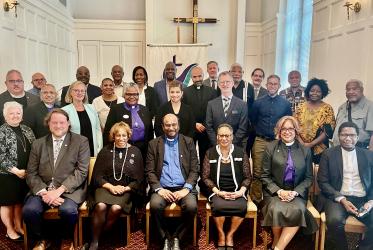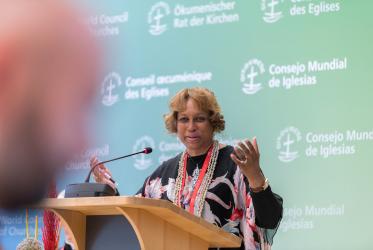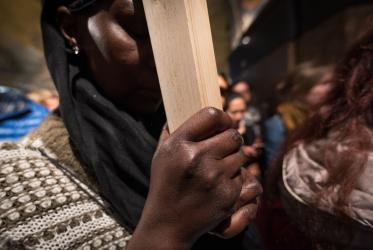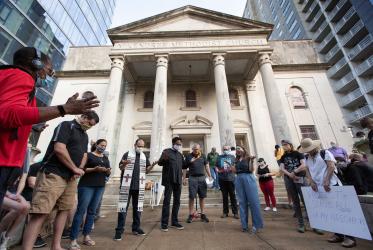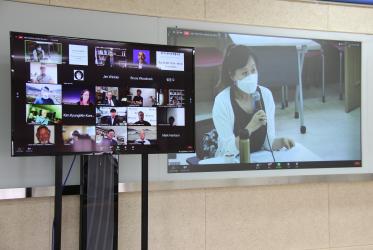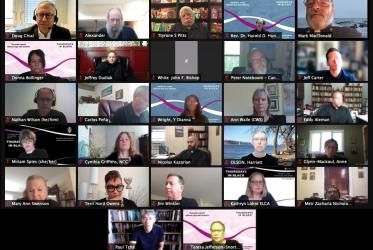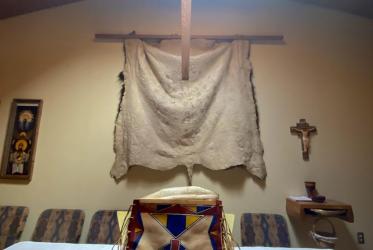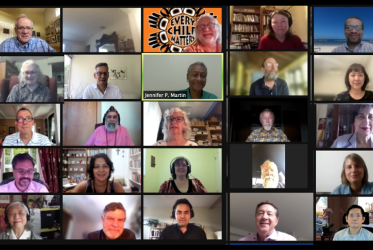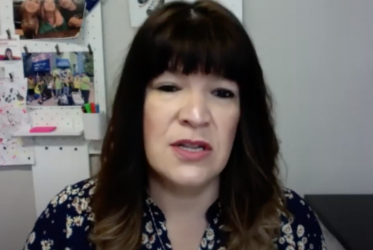Displaying 1 - 20 of 54
29 November 2023
¿Cómo luchan realmente las iglesias contra el racismo?
15 February 2022
Wie gehen Kirchen wirklich mit Rassismus um?
15 February 2022
Comment le racisme est-il réellement traité par les Églises?
15 February 2022
Las iglesias norteamericanas frente a la pandemia racial
15 February 2022
Kirchen ringen mit Pandemie des Rassismus
15 February 2022
How do churches address racism, really?
15 February 2022
Lutter contre la pandémie raciale
15 February 2022
Wrestling with the racial pandemic
15 February 2022
United Church of Canada launches Korea Peace Appeal
27 January 2022
